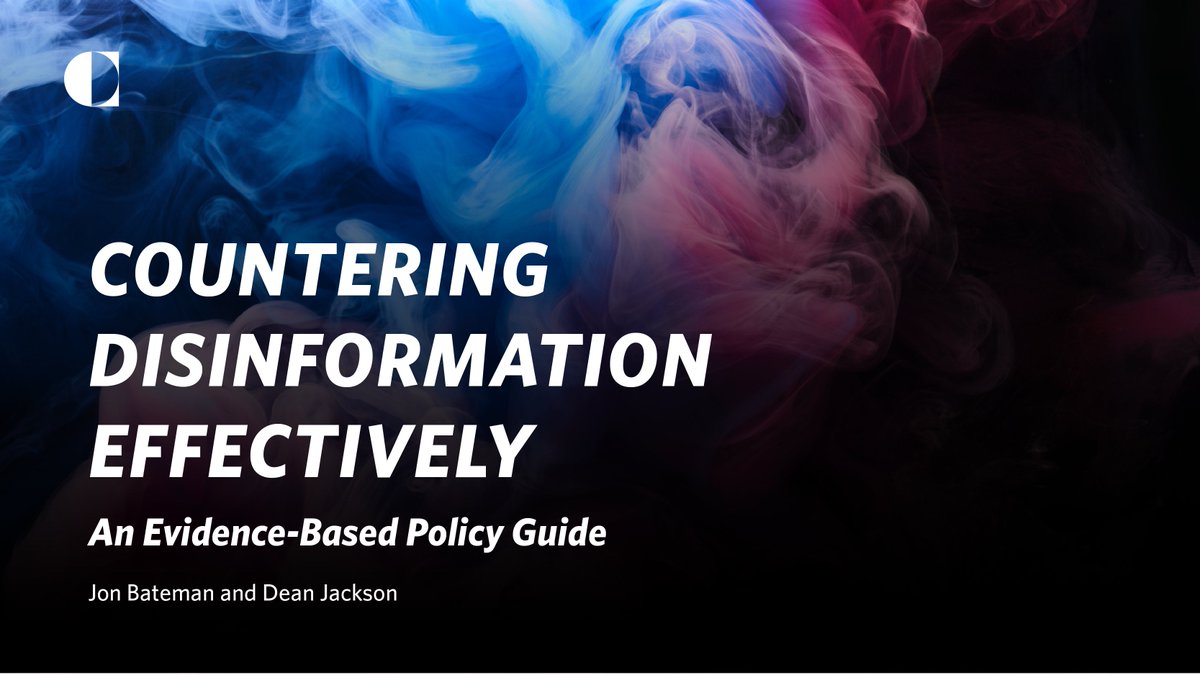Thread: @Cloudflare’s decision to cut off #8chan was probably right. The site wasn’t far from ISIS-style propaganda. But the case has surfaced some real policy dilemmas that won’t always have easy answers in the future. 1/7
https://twitter.com/kevinroose/status/1158191686071271424
Here’s the problem we’re already familiar with: Tech companies have the ability & legal authority to moderate harmful speech—yet they lack democratic legitimacy or any real investment in the philosophical values at stake. They're still the best we have today. 2/7
Until now, debates about content moderation have focused on the Internet’s “application layer” of consumer-facing information platforms (e.g. Facebook, Google). These sites are the primary filters of bad content, & they’ve muddled their way to some basic expertise. 3/7
But what happens when an application owner (like #8chan) refuses to moderate? Then, any moderation would need to happen farther down the “technical stack”—by infrastructure providers like ISPs, domain registrars, payment processors, ad brokers... 4/7 

That’s where @Cloudflare comes in: it helped keep #8chan online. But asking a cybersecurity co. to make free speech decisions is awkward at best; they just aren't equipped. You might as well ask electric utilities to pull the plug on bad websites. Should be rare last resort. 5/7
@Cloudflare We’ve seen this happen before. In 2010, Visa, MasterCard, and PayPal stopped processing payments for WikiLeaks after the release of U.S. diplomatic cables. Now largely forgotten, the episode frightened civil libertarians at the time. 6/7 theguardian.com/commentisfree/…
Unlike WikiLeaks, #8chan has few defenders. But the calls won’t always be so clear-cut. As society grapples with the content moderation challenge, the question of “who decides” may be the most urgent of all. 7/7
https://twitter.com/JonKBateman/status/1158350263406796800
• • •
Missing some Tweet in this thread? You can try to
force a refresh








